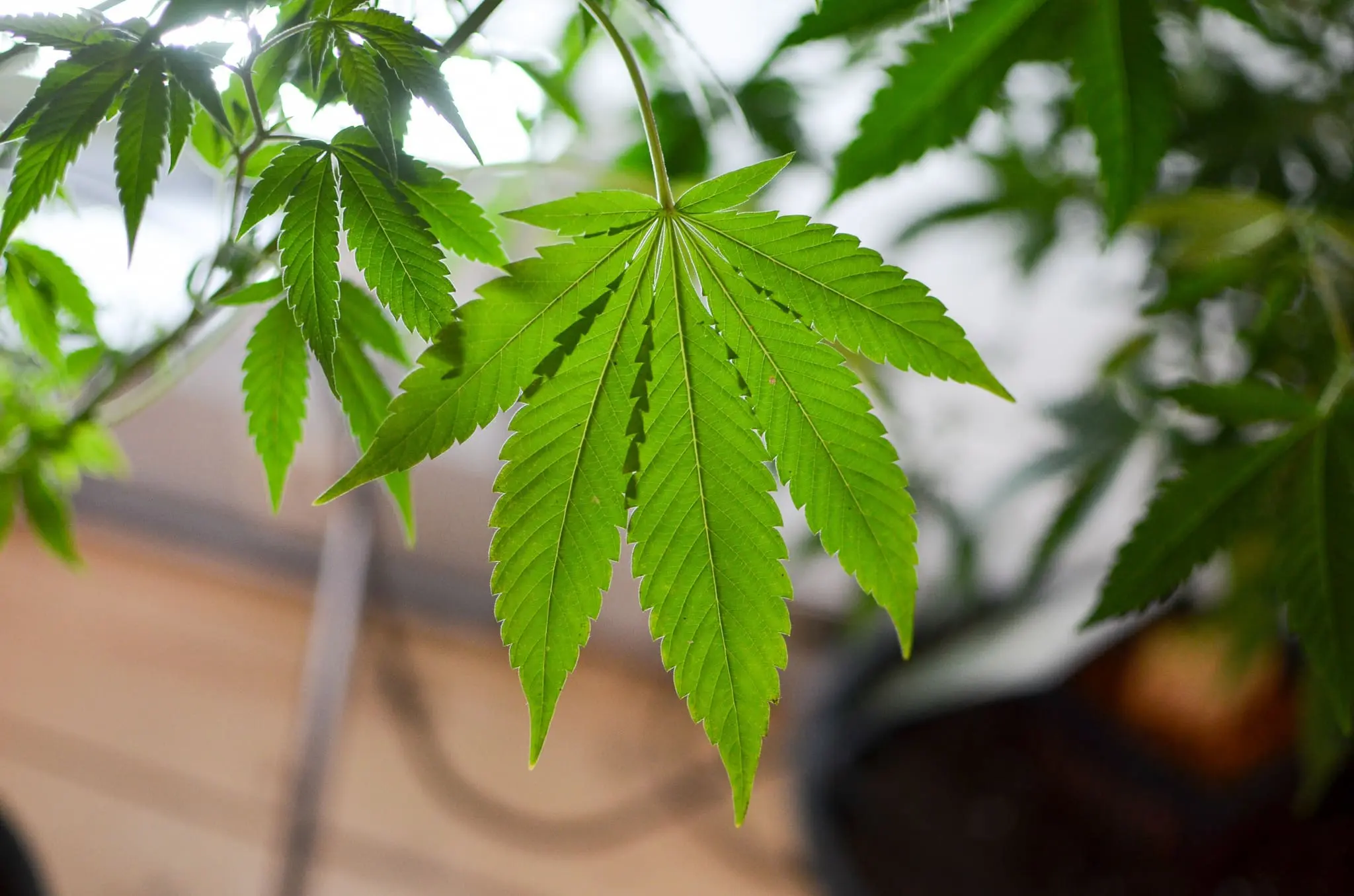Politics
Anti-Marijuana Groups Narc On D.C. Dispensaries In Letter To Trump, Saying They Are Too Close To Schools

Anti-marijuana organizations are formally narcing on several locally licensed cannabis businesses in Washington, D.C.—sending a letter to President Donald Trump, the U.S. attorney general and a federal prosecutor that identifies dispensaries they allege are too close to schools despite approval from District of Columbia officials.
Smart Approaches to Marijuana (SAM) President Kevin Sabet and the head of a D.C. organization called “1000 Feet” recently sent the letter to the White House and DOJ, saying they “support prioritizing public safety and reducing drug use in the District of Columbia.”
This comes as the president considers a proposal to federally reschedule cannabis, which he said last week will be decided imminently. The issue has divided key voices in the MAGA world, and SAM is among the most vocal opponents of the reform.
But as Trump has moved to federalize D.C. law enforcement by putting DOJ and the head of the Drug Enforcement Administration (DEA) in positions of power to subvert local police control, the letter from the anti-cannabis groups encourages the administration to address the “ongoing lawlessness” allegedly associated with certain marijuana businesses in the jurisdiction.
Specifically, they say that over the last two years, “the DC government has licensed marijuana retailers to operate in close proximity to several elementary schools and daycare centers, over the strenuous objections of parents and educators, and in blatant violation of the Federal Drug-Free School Zones Act.”
The groups said that while they were “pleased” to see former interim U.S. Attorney Ed Martin “take initial steps against one of the worst offenders” by threatening a locally licensed medical marijuana dispensary with criminal prosecution back in March, “we have not seen any public progress since then.”
Martin, for his part, has since been tapped by Trump to serve as U.S. pardon attorney.
“We hope the initiative you announced this week will provide another opportunity for you to protect the District’s children by taking swift action to close down all the offending marijuana retailers near schools and to inform the DC government that any further licensing of retailers at locations in violation of the Federal Drug-Free School Zones Act will be treated as a criminal conspiracy,” SAM and 1000 Feet said in the letter, which was sent on Friday.
In order to “assist your evaluation of this situation,” the organizations provided the names and locations of four D.C. cannabis dispensaries that they claim are violating federal zoning laws for businesses associated with Schedule I drugs like marijuana.
“We hope the Administration prioritizes enforcing laws against marijuana near schools as part of its public safety initiative. However, if that broader initiative, no matter how impressive, still leaves marijuana retailers near elementary schools and daycares, it will have failed DC’s children. We respectfully ask that your team enforce the Federal Drug-Free School Zones Act to end this nightmare and protect the children.”
For what it’s worth, under D.C.’s own cannabis rules, dispensaries can’t operate within 300 feet of schools, though commercially zoned areas—where schools may be located—are exempt.
In a March 2024 letter, the District’s Alcoholic Beverage and Cannabis Administration (ABCA) argued federal law does not interfere with its medical marijuana program, which the agency said had “been subject to congressional review, and has not been disapproved or repealed.”
In March, meanwhile, the White House called the District’s move to decriminalize marijuana an example of a “failed” policy that “opened the door to disorder.”
In a fact sheet about an executive order that Trump signed—which is broadly aimed at beautifying the District and making it more safe—the White House listed several local policies in the nation’s capital that it takes issue with, including cannabis reform. That’s despite the president’s previously stated support for a states’ rights approach to marijuana laws.
“D.C.’s failed policies opened the door to disorder—and criminals noticed,” it says, citing “marijuana decriminalization,” as well as the District’s decision to end pre-trial detentions and enforcement practices around rioters, as examples of such policies.
—
Marijuana Moment is tracking hundreds of cannabis, psychedelics and drug policy bills in state legislatures and Congress this year. Patreon supporters pledging at least $25/month get access to our interactive maps, charts and hearing calendar so they don’t miss any developments.
![]()
Learn more about our marijuana bill tracker and become a supporter on Patreon to get access.
—
Recreational cannabis possession and personal cultivation is legal in D.C. under a voter-approved ballot initiative, though commercial sales of non-medical marijuana remain illegal.
Because of a congressional rider that’s been renewed annually since that vote, the District hasn’t been able to use its local funds to implement a system of regulated recreational cannabis sales, so officials have taken steps to expand the city’s existing medical marijuana program as a workaround.
Last month, meanwhile, House lawmakers advanced a spending bill that would maintain the controversial provision barring D.C. from establishing a commercial marijuana market.
Rep. Eleanor Holmes Norton (D-DC) criticized appropriators for putting forward a bill that restricts the District’s autonomy in a number of ways, including the rider to “prohibit the use of funds to commercialize recreational marijuana.”
Norton said in May that she would again again push her colleagues to join her in an effort to remove the cannabis language.
Trump’s budget request that he released in June also contained the Rep. Andy Harris (R-MD) rider preventing marijuana sales in D.C. Former President Joe Biden also repeatedly requested the continuation of the D.C. cannabis rider in budget proposals during his time in office.
While D.C. hasn’t been able to use its local funds to implement a system of regulated recreational cannabis sales over the last decade, local officials have taken steps to expand the city’s existing medical marijuana program as a workaround.
Photo courtesy of Philip Steffan.



